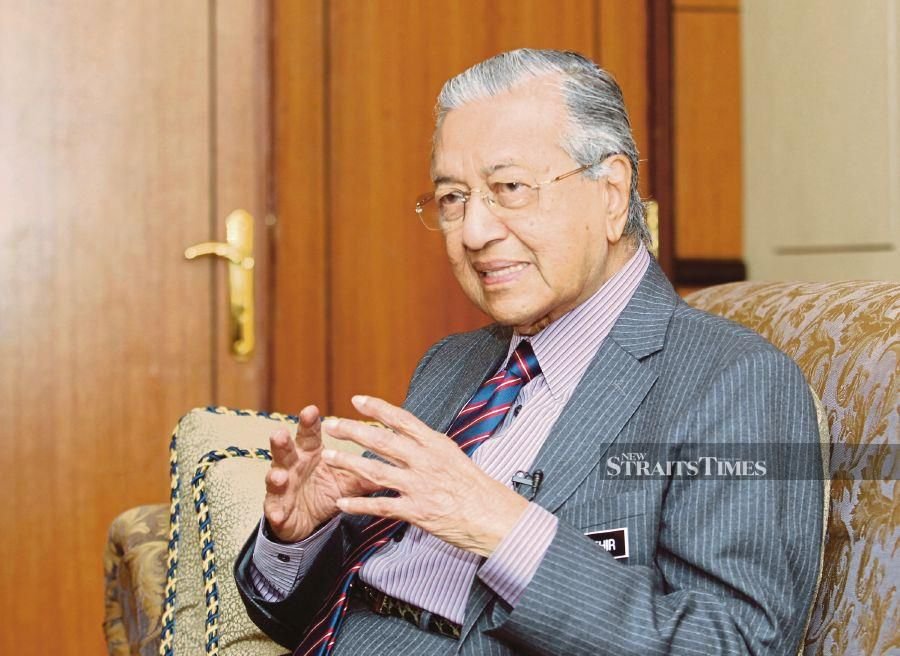'Okinawa village shop' system could help B40 Malaysians, says Dr M

By New Straits Times - January 2, 2020 @ 1:27pm
KUALA LUMPUR: Prime Minister Tun Dr Mahathir Mohamad has once again set his eyes on one of the Far East countries in finding a solution to overcome the cost of living issue among the Bottom 40 (B40) group.
In a blog post yesterday, Dr Mahathir expressed interest in a system of village-owned shops found there.
In the past, he said, the residents on the southern side of the island found it difficult to get supplies from the north and they decided to have a shop stocked with essential needs.
The locals then collected money from everyone, built a shop and employed a man to manage the shop.
“Money was provided by the villagers to stock the shop with their needs brought in from the north.
"The villagers bought their needs but did not pay immediately. Instead they themselves wrote on a piece of paper their name and the goods they had taken. Each time they needed goods or foodstuff they wrote on the piece of paper with their name and stuck it to a board kept in the shop.
“At the end of the month, they would total up all their purchase written on their paper and pay the amount due. The money was kept in a safe,” he wrote.
This, according to the prime minister, made him wonder if such a method could work in Malaysia.
Last September, Dr Mahathir had said that the Japanese cooperatives model can play a major role in helping the B40 group with the rising cost of living.
He said cooperatives would increase the country’s gross domestic product (GDP) and the people’s purchasing power, in line with the government’s Shared Prosperity Vision launched in October last year.
Writing further on the Okinawan cooperatives method, Dr Mahathir said every village on the island would practice the same system.
“It was a kind of cooperative, owned and operated by the villagers.
“Today most of them have disappeared as access to their needs became easier due to better road, motorcycles and cars. The one I visited is one of the few left.
“It worked well in Okinawa. Wonder if it will work well in Malaysia.”
